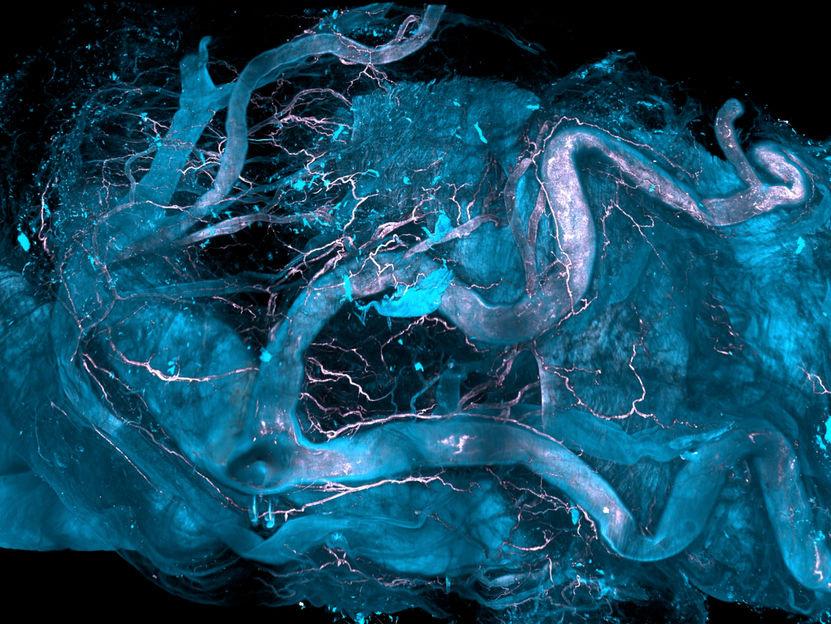Stora Enso and Gasum to make renewable energy from wastewater in Sweden
Stora Enso and energy company Gasum have signed a contract to build a biogas plant at Stora Enso’s Nymölla paper mill in Sweden. The plant, built and operated by Gasum, will turn the mill’s wastewater effluent into renewable energy.
Gasum plans to upgrade the biogas into Liquefied Biogas (LBG) and sell it as fuel for cars, buses, trucks, and ferries. The expected LBG production of the plant is 75-90 GWh per year, equivalent to the amount of fuel needed annually for more than 200 average long haul lorries in Sweden. Production is expected to start during 2020.
“We are happy to be part of a project that will turn waste into valuable renewable energy,” says Michael Lindemann, Mill Director at Nymölla Mill. “For Stora Enso, substituting fossil-based fuels in our society with renewable solutions is a vital way to combat global warming. The cooperation with Gasum is a good example of the collaborative efforts Stora Enso is taking to do this.”
”We are pleased about the circular economy cooperation with Stora Enso. The biogas plant is a sustainable solution for the processing of wastewater. Gasum is actively building a gas ecosystem for industry, marine and road transport segment in the Nordics,” says Johanna Lamminen, Chief Executive Officer of Gasum.
The total investment of the project for Gasum is around EUR 27 million and for Stora Enso around EUR 5 million. Gasum has been granted an investment subsidy of SEK 121.5 million (EUR 12.7 million) by the Swedish Environmental Protection Agency under the Climate Leap (‘Klimatklivet’) programme.
Located in southern Sweden, Stora Enso’s Nymölla Mill has an annual production capacity of 340 000 tonnes pulp and 485 000 tonnes woodfree uncoated (WFU) paper for office and postal use. Stora Enso’s well-known office paper brand Multicopy is produced in Nymölla.
Most read news
Topics
Organizations
Other news from the department science

Get the life science industry in your inbox
By submitting this form you agree that LUMITOS AG will send you the newsletter(s) selected above by email. Your data will not be passed on to third parties. Your data will be stored and processed in accordance with our data protection regulations. LUMITOS may contact you by email for the purpose of advertising or market and opinion surveys. You can revoke your consent at any time without giving reasons to LUMITOS AG, Ernst-Augustin-Str. 2, 12489 Berlin, Germany or by e-mail at revoke@lumitos.com with effect for the future. In addition, each email contains a link to unsubscribe from the corresponding newsletter.
Most read news
More news from our other portals
Last viewed contents
NIH_funding_of_IBS_Research
Researchers to Decode Antarctic Ice Metagenome with the 454 Sequencing System, to Explore the Effects of Climate Change
Study uncovers the structure of 1 adrenergic G-protein-coupled receptor (GPCR) - Structure of important drug target elucidated using Heptares' StaR(TM) technology
Ribosome
Blood_alcohol_content
UCB announces Phase 3 clinical trial program for epratuzumab in Systemic Lupus Erythematosus did not meet primary endpoint

Novel spatial-omics technology enables investigation of diseases at their early stages - How can you trace a single diseased cell in an intact brain or a human heart?
A long day for microbes, and the rise of oxygen on Earth






















































